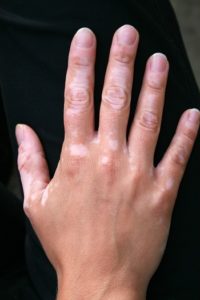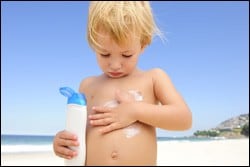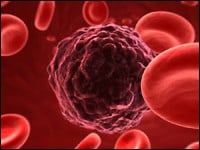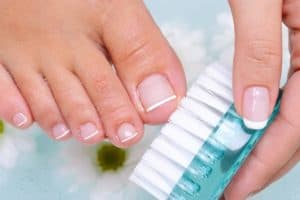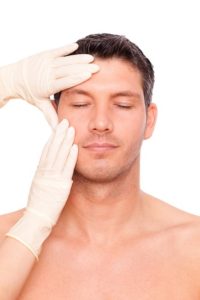How To Treat a Painful Sunburn
Although it may only seem like a temporary irritation, a sunburn can cause long-lasting damage to the skin. The skin that is sunburned is red, tender, and warm to the touch. Severely sunburned skin may even result in the formation of painful blisters.
Too much sun is especially dangerous for children. One severe sunburn during childhood may double a child’s lifetime risk of melanoma, the deadliest form of skin cancer.
It may take up to 24 hours after sun exposure to recognize the severity of your sunburn. For mild burns, follow these tips to relieve discomfort:
- Avoid the sun. Spending additional time in the sun after you already have a sunburn will only worsen the negative effects and delay the healing process.
- Take a cool shower or bath to relieve any pain or discomfort. Apply a cool compress, like a damp cloth, to the skin to help reduce discomfort.
- Apply moisturizer or cream to soothe the skin. Aloe gel is a common household remedy for sunburns as it helps ease pain and inflammation.
- Drink plenty of water to stay hydrated. A sunburn draws fluid to the skin surface and away from the rest of the body.
- Take anti-inflammatory medications. Do this as directed by your doctor to help decrease the inflammation and reduce redness and pain.
- Do not pop any blisters. This will slow the healing process and increase the risk for infection.
In most cases, sunburn does not require medical attention. Call a doctor immediately if there are signs of heat exhaustion, dehydration, fever, severe blistering or other serious reactions.
Fortunately, sunburns are completely preventable. Remember to always wear sunscreen and limit overexposure to the sun by seeking shade and wearing appropriate clothes and accessories that cover the skin, such as hats and sunglasses.
Remember, prevention is better than cure, so remember to take extra precautions to protect your skin from the sun’s harmful rays!




